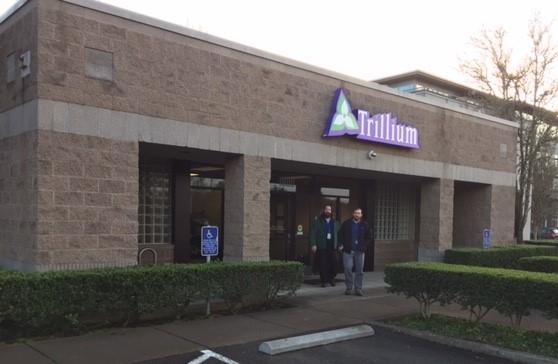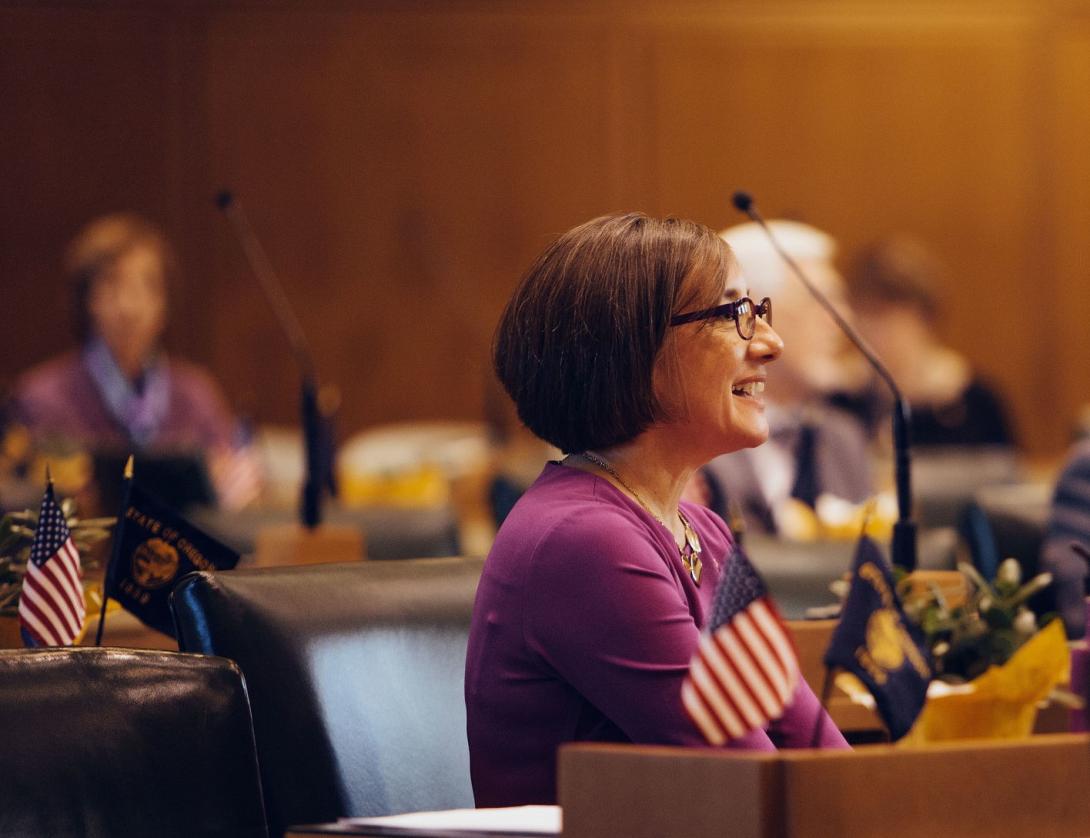Image

SHUTTERSTOCK
Image

KELLY HOWARD ATTENDS A RECENT STATE MEETING ON TREATING CHRONIC PAIN. TO AVOID EXACERBATING HER PAIN, SHE LIES ON THE FLOOR AT THE BACK AND BRINGS HER SUPPORT DOG, KENTA./KRISTIAN FODEN-VENCIL/OPB
Image

A statue outside the Oregon Capitol.
|
ALEX VISSER/THE LUND REPORT
Image

The Moda Tower in downtown Portland.
|
LYNNE TERRY/THE LUND REPORT
Image

SHUTTERSTOCK
Image

CHRISTIAN WIHTOL/THE LUND REPORT
Image

Rep. Andrea Salinas chairs the House health care committee.
|
COURTESY PHOTO
Image

Oregon State Capitol in Salem.
|
ROBERT AUGHENBAUGH
Image

SHUTTERSTOCK